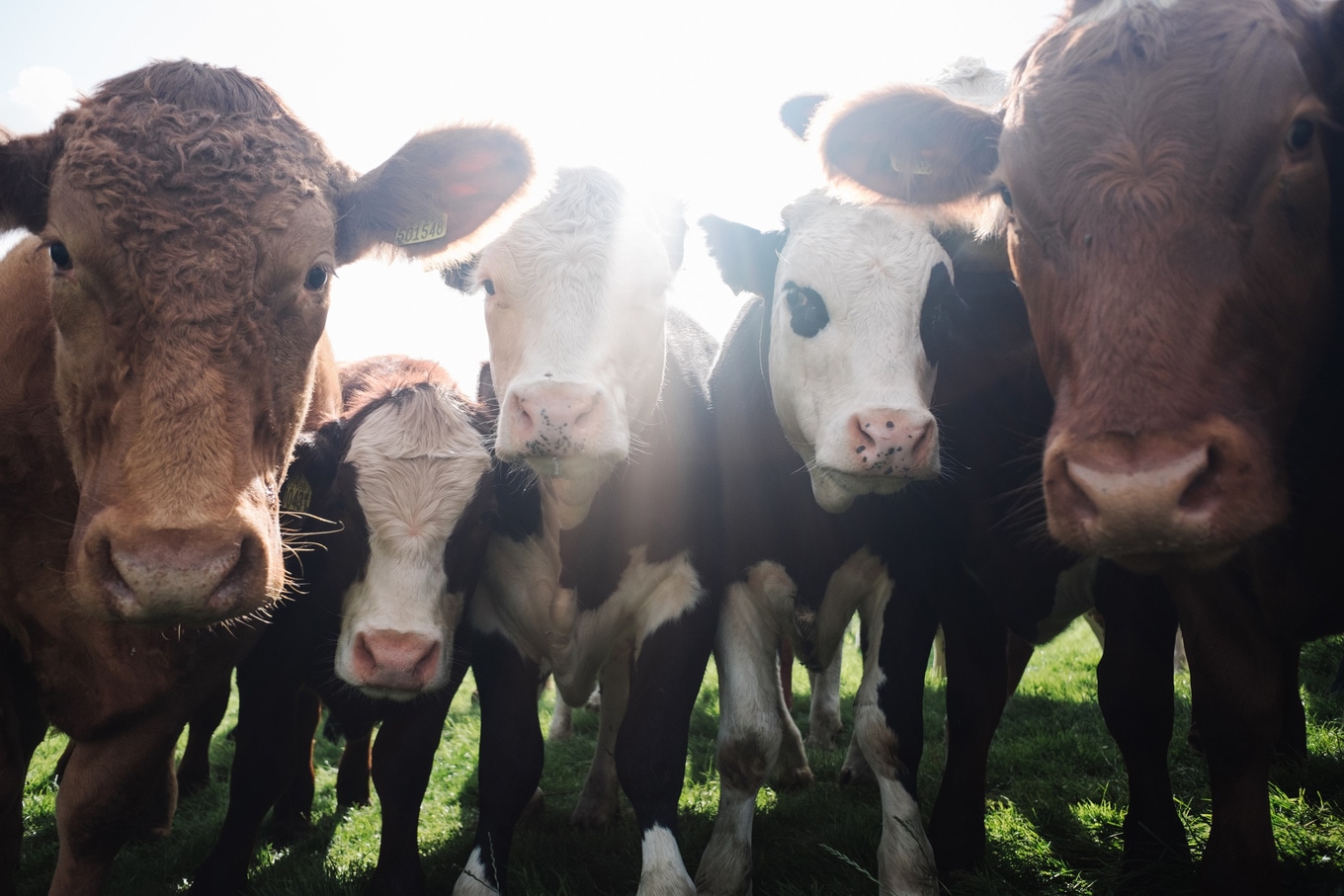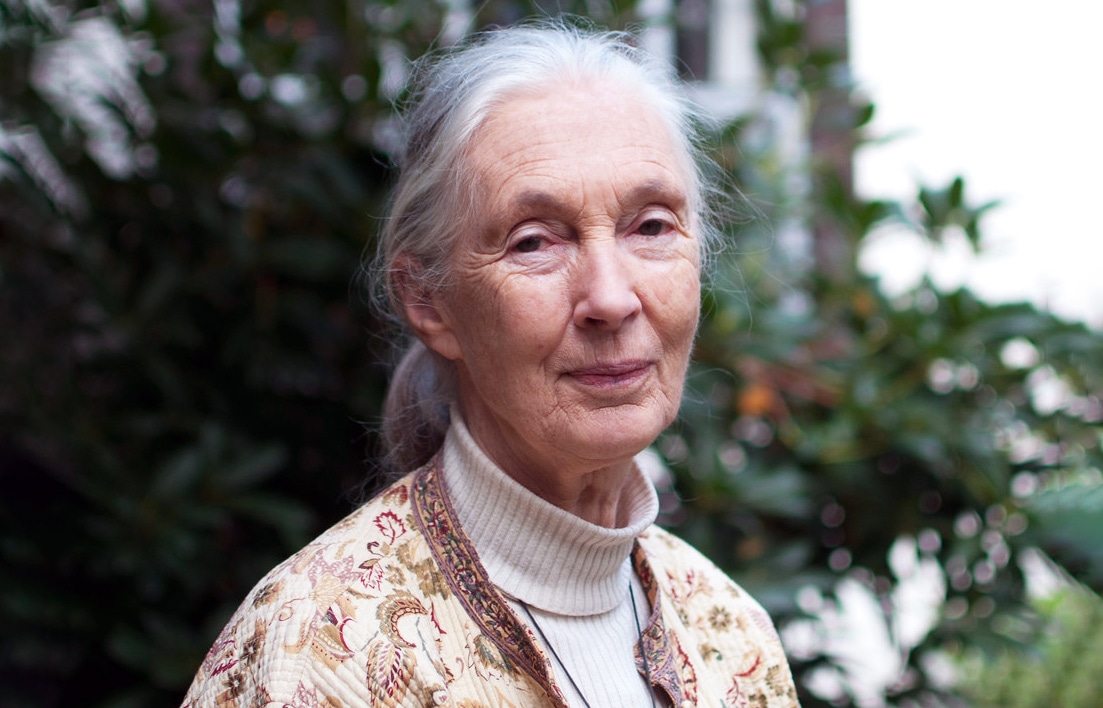Human activity is “unequivocally” responsible for climate change and humanity has only a few years left to keep the planet from warming 1.5°C past post-industrial levels, according to the United Nations Intergovernmental Panel on Climate Change (IPCC) report published today. In its sixth report, the IPCC gathered all available information about the state of climate change to find, with certainty, that human activity is responsible for the 1.1°C spike in temperature which has led to increased floods and droughts, rising sea levels, heatwaves, melting glaciers, and more. Some of the damage humans have done is irreversible.
“[This report] is a code red for humanity,” UN Secretary General António Guterres said. “The alarm bells are deafening, and the evidence is irrefutable: greenhouse gas emissions from fossil fuel burning and deforestation are choking our planet and putting billions of people at immediate risk.”
In its report, the IPCC outlines the urgency with which humanity needs to reduce its greenhouse gas emissions to limit the planet’s warming. “It really requires unprecedented transformational change, rapid and immediate reduction of greenhouse gas emissions to net zero by 2050,” Ko Barrett, the former vice chair of the IPCC, told CNN. “The idea that there is still a pathway forward is a point that should give us some hope.”

Animal Agriculture and the Climate Crisis
The nearly 4,000-page IPCC report was released ahead of the 2021 United Nations Climate Change Conference (COP26) in Glasgow, Scotland, where leaders from 197 countries will meet to discuss strategies to combat the global climate crisis. This week’s IPCC report will be supplemented by two additional reports to be published next year, one of which will focus on solutions.
According to vegan climate activist Greta Thunberg, the IPCC report shows that world leaders can no longer ignore the climate crisis and must act now to make substantial progress. “According to the new IPCC report, the carbon budget that gives us the best odds of staying below 1.5°C runs out in less than five and a half years at our current emissions rate,” Thunberg tweeted. “Maybe someone should ask the people in power how they plan to ‘solve’ that.”
To spotlight how animal agriculture is often ignored during climate talks, Thunberg recently released For Nature, a film she created in partnership with animal-rights organization Mercy for Animals. In the film, Thunberg discusses how fossil fuels are often seen as the “villains” of the climate crisis, but animal agriculture—which contributes to one-fourth of total greenhouse gas emissions—is mostly ignored. Approximately 30 percent of the world’s ice-less land mass is used for animal agriculture and 33 percent of all cropland is used to grow food for those animals. Thunberg explains that if everyone were to adopt a plant-based diet, we would save up to 8 billion tons of carbon dioxide annually and use 76 percent less land.
Thunberg—who criticized world leaders for eating lavish animal-based meals at the recent G7 conference in Cornwall, England—isn’t the only climate activist who sees animal agriculture as the driving force behind the climate crisis. Last year, legendary primatologist Jane Goodall also voiced her concern over the role of animal agriculture, particularly meat production, in the climate crisis.

“If we would just stop eating all of this meat, the difference would be huge because all of these billions of farm animals … kept in concentration camps to feed us, and, you know, whole environments are wiped out to grow the grain to feed them,” Goodall said. “Masses of fossil fuel are used to get the grain to the animals, the animals to the abattoir, the meat to the table. Masses of water, which is in such short supply and drying in some areas, is used to get vegetable-to-animal protein. And, finally, they’re all producing gas in their digestion and that’s methane, and that is a very virulent greenhouse gas.”
Replacing animal agriculture with plant-based foods
It is no secret that animal agriculture is a large contributor to climate change and research to support that fact is mounting. In 2018, researchers at Oxford University released one of the most comprehensive studies of its kind after spending five years compiling data from nearly 40,000 farms in 119 countries and examining the environmental impact of producing 40 foods—which amount to 90 percent of all food eaten on earth. The researchers found that the global meat and dairy industries are responsible for 60 percent of greenhouse gas emissions and that if individuals removed animal products from their diets, they would reduce their carbon footprint by 73 percent. The researchers also found that if meat and dairy production were to cease, global farmland use would be reduced by 75 percent.
“A vegan diet is probably the single biggest way to reduce your impact on planet Earth, not just greenhouse gases, but global acidification, eutrophication, land use, and water use,” the study’s lead author Joseph Poore—who transitioned to veganism one year into the study—said.
JUMP TO ... Latest News | Recipes | Guides | Health | Subscribe







